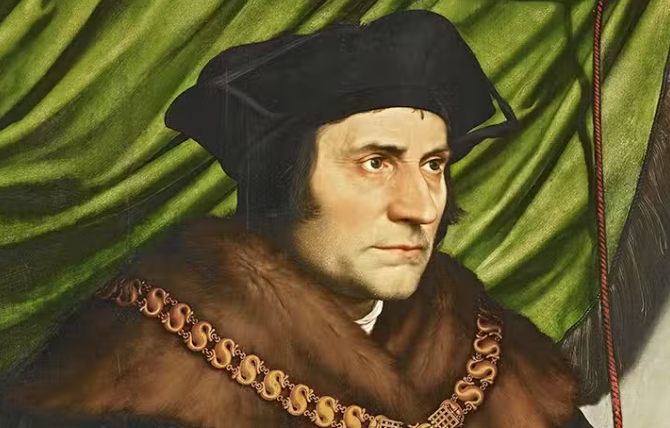Saint Thomas More, a 16th-century English lawyer, philosopher, and politician, remains a powerful symbol of integrity and steadfast faith to this day. His life and legacy continue to inspire people around the world.
Early Life and Education
Born in 1478 in London, Thomas More received a rigorous education in Latin and Greek before studying law at Oxford University and eventually becoming a respected lawyer.
Political Career
More served as a member of Parliament and rose to the position of Lord Chancellor under King Henry VIII. Despite his success, More remained true to his Catholic faith and conscience, refusing to endorse the king’s divorce and subsequent break from the Roman Catholic Church.
Martyrdom for His Beliefs
More’s refusal to acknowledge the king’s supremacy over the Church led to his arrest, trial, and eventual execution in 1535. He was canonized as a saint by the Catholic Church in 1935.
Legacy of Integrity
Saint Thomas More‘s unwavering commitment to his beliefs and his willingness to sacrifice his life for his faith have made him a revered figure in history. His writings, including the classic work “Utopia,” continue to be studied and admired for their profound insights into politics, society, and morality.
Champion of Religious Freedom
More’s legacy as a champion of religious freedom and integrity serves as a reminder to all of the importance of staying true to one’s beliefs, even in the face of adversity.
Overall, Saint Thomas More’s life and legacy continue to inspire individuals across generations to stand firm in their faith and principles, no matter the cost. His unwavering commitment to truth, justice, and integrity make him a timeless example of courage and moral conviction.

